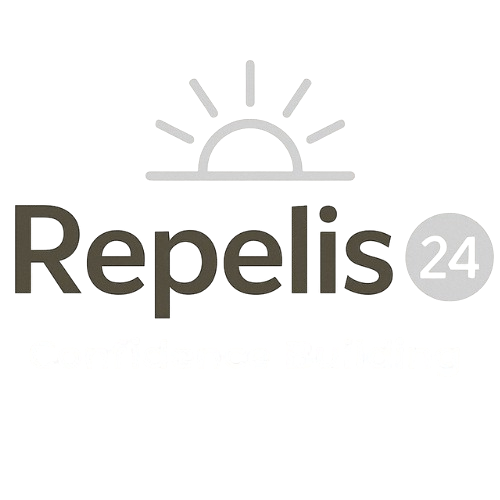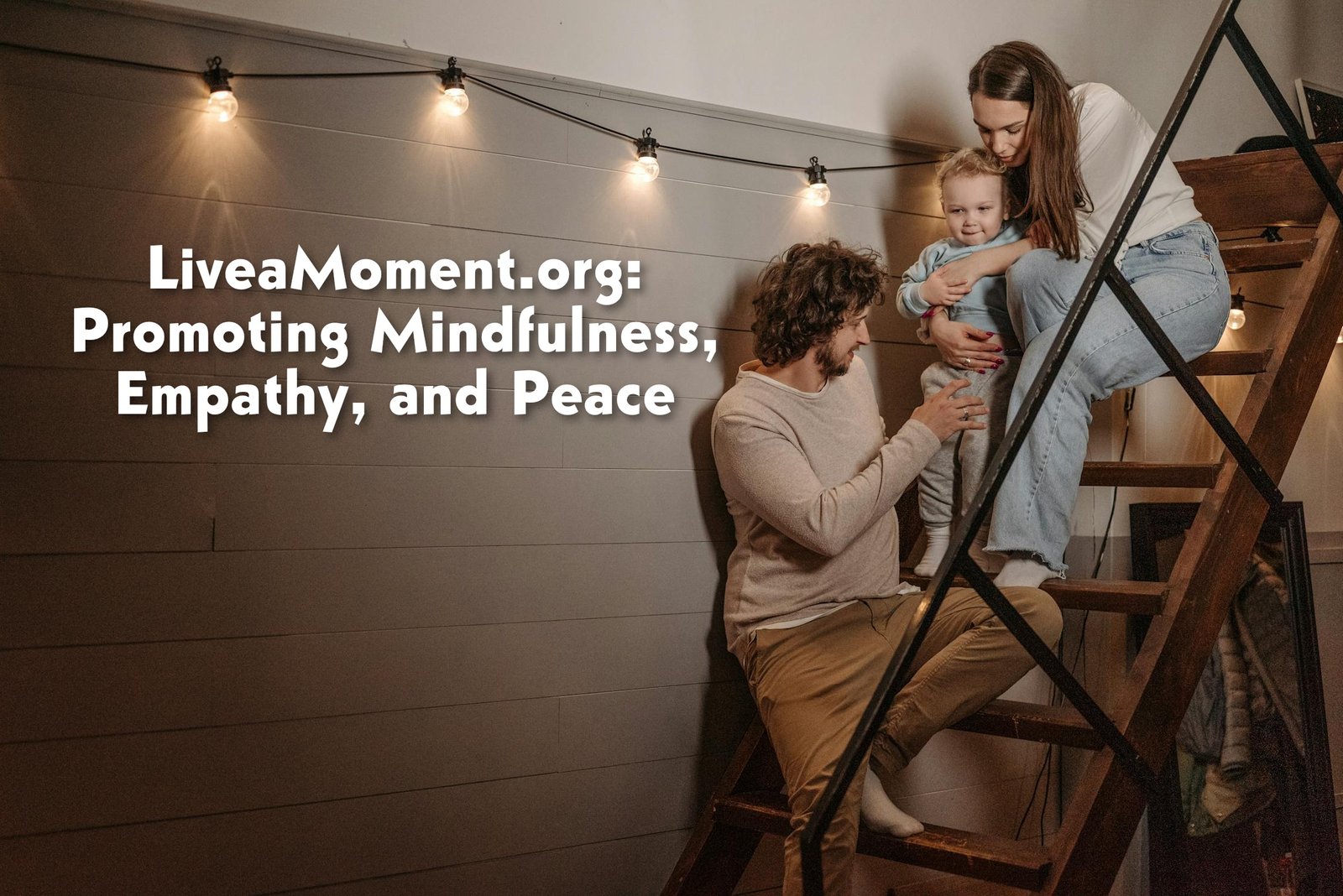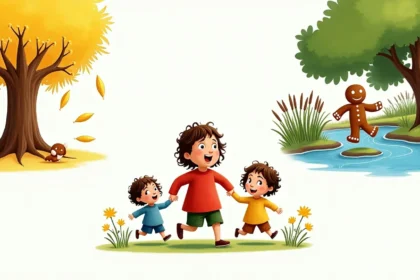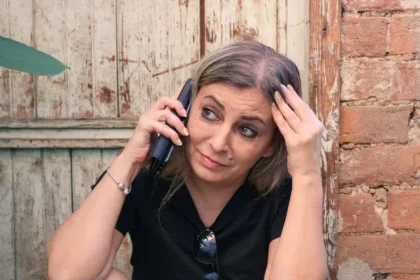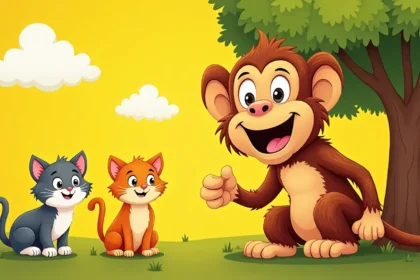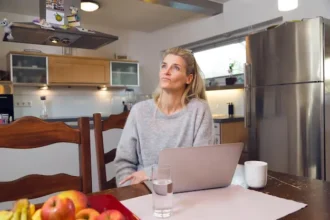Introduction
Hello! Today, we are going to talk about something very important: mindfulness, empathy, and peace.
There’s a special website called LiveaMoment.org/ that helps people feel calm, understand others, and live happily.
I’m going to explain everything very simply, like I am talking to my younger brother or sister. Even if you are 7 years old, you will understand every part.
Let’s start!
What Is Mindfulness?
Mindfulness means paying close attention to what you are doing right now.
Imagine eating ice cream. If you really notice the taste, the cold feeling, and how it melts, you are being mindful.
But if you eat ice cream while watching TV and thinking about homework, you are not really paying attention.
Mindfulness is:
- Feeling your breath go in and out.
- Noticing the colors of the sky.
- Listening carefully to your friend’s story without thinking about your own.
Why Mindfulness Matters
When you are mindful:
- You feel less stressed.
- You enjoy small things more.
- You can control your anger better.
- You can sleep better at night.
Expert Tip
When I started practicing mindfulness, I used to set a timer for just 1 minute. I would sit still and breathe slowly. Even that small moment made my day better.
What Is Empathy?
Empathy means feeling what someone else feels.
Imagine your friend falls down and gets hurt. Empathy is when you feel sad with them and want to help.
Empathy is:
- Listening carefully when someone is upset.
- Saying “I understand how you feel.”
- Giving a hug when someone is crying.
- Sharing your toys or snacks without being asked.
Why Empathy Matters
When you have empathy:
- You make more friends.
- People trust you more.
- You can solve problems without fighting.
- You feel good inside because you helped someone.
Expert Tip
I once had a friend who was very quiet. I learned that instead of talking a lot, just sitting with him made him feel better. That’s also empathy — understanding what others need.
What Is Peace?
Peace means feeling calm and helping others feel calm too.
It’s like when you are floating in a swimming pool, eyes closed, feeling the sun on your face — no worries, no problems.
Peace is:
- Solving fights without shouting.
- Taking a deep breath before you get angry.
- Helping others to be calm too.
Why Peace Matters
When there is peace:
- People are happier.
- There are fewer fights and wars.
- Schools, homes, and parks become safer.
- You can focus better on games, homework, or fun.
Expert Tip
At school, when a game would get too crazy, I would ask everyone to sit down for one minute quietly before we played again. It always helped!
How LiveaMoment.org Helps People
Now, you might be asking, “How can a website help with mindfulness, empathy, and peace?”
Here’s how LiveaMoment.org does it:
| Feature | What It Does |
|---|---|
| PeaceMap | Shows how people around the world are feeling. |
| Mindful Moments | Gives short activities to feel calm. |
| World Changers | Shares stories of kids and adults doing kind things. |
| Community Projects | Helps groups work together to make peace. |
| Educational Programs | Teaches schools and families how to practice mindfulness and empathy every day. |
What Is the PeaceMap?
The PeaceMap is a big, colorful map.
- It shows how people are feeling in different parts of the world.
- People share emotions like happy, calm, sad, or stressed.
- You can click a spot and see what people are feeling there!
Why it’s special:
- It shows we are all connected.
- It reminds us that everyone has feelings — just like you.
- It makes it easier to care about people far away.
Mindful Moments: A Tool to Feel Better Quickly
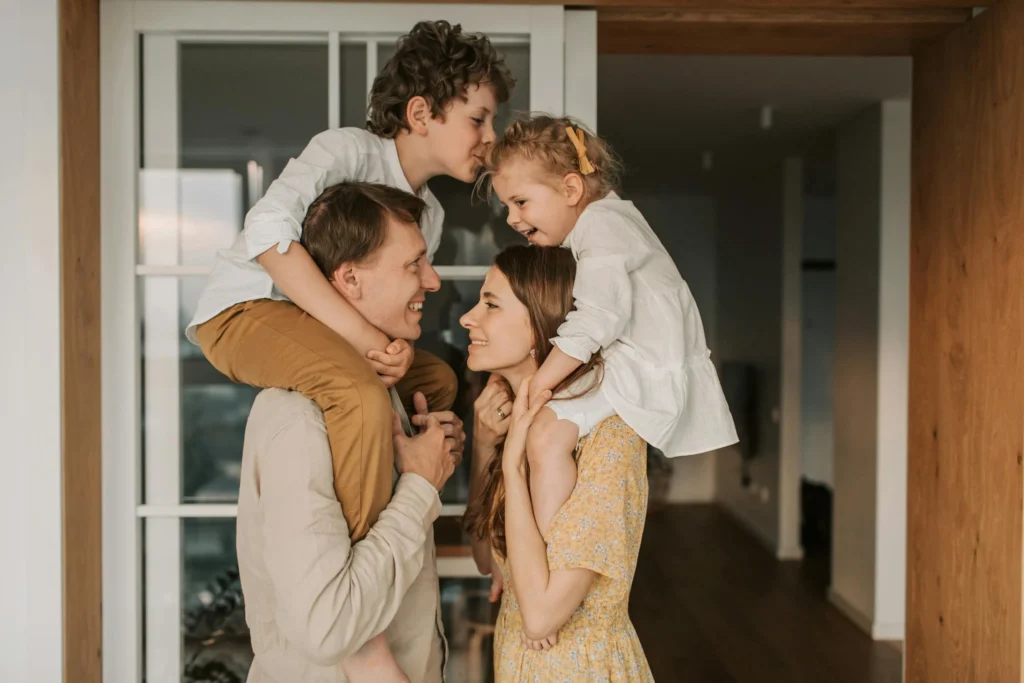
Sometimes we are busy, sad, or upset.
Mindful Moments are tiny exercises you can do anytime.
They only take a minute or two!
Examples
- Deep breathing: Breathe in for 4 seconds, hold for 4 seconds, breathe out for 4 seconds.
- Gratitude check: Think of 3 things you are happy about today.
- Stretching: Reach your arms to the sky, then to your toes.
Why it works:
- It stops bad moods from getting worse.
- It makes your heart beat more calmly.
- It helps you feel happier fast.
World Changers: Real Stories of Kindness
World Changers are kids and adults who do nice things to make the world better.
Some examples:
- A boy in Japan who planted trees after a big storm.
- A girl in Kenya who started a club to clean up trash.
- A family in Canada who gave free hot cocoa to people in winter.
Why it matters:
- It shows you that one person can make a big difference.
- It gives you ideas for how to help too!
How Community Projects Create Big Changes
LiveaMoment.org helps groups — like schools, clubs, and neighborhoods — work on projects together.
These projects can be:
- Making a peace garden.
- Writing kindness letters to people in hospitals.
- Organizing a “quiet time” at school every morning.
Expert Story:
I once helped organize a “quiet moment” at my school. We all sat still for one minute before classes. Everyone said it made school feel calmer and happier!
How You Can Start Today
You don’t need to wait!
You can start practicing mindfulness, empathy, and peace right now.
Easy Ways to Start
| What to Do | How |
|---|---|
| Take 3 deep breaths | Before getting out of bed. |
| Listen carefully | When a friend tells a story. |
| Smile at someone | Even if you don’t know them well. |
| Write a thank-you note | For someone who helped you. |
| Sit quietly outside | Notice sounds like birds or the wind. |
Common Questions About Mindfulness, Empathy, and Peace
1. Do I need to sit cross-legged and say “Om” to be mindful?
No! You can be mindful while walking, eating, even brushing your teeth.
2. What if I feel angry and don’t want to be peaceful?
That’s okay. Everyone feels that way sometimes.
Take deep breaths.
Give yourself time.
Remember: peace starts when you calm yourself first.
3. How can I show empathy if I don’t know what to say?
You can just listen.
Or you can say simple things like:
- “I’m here for you.”
- “That sounds hard.”
- “I care about you.”
Story: How Mindfulness Changed My Life
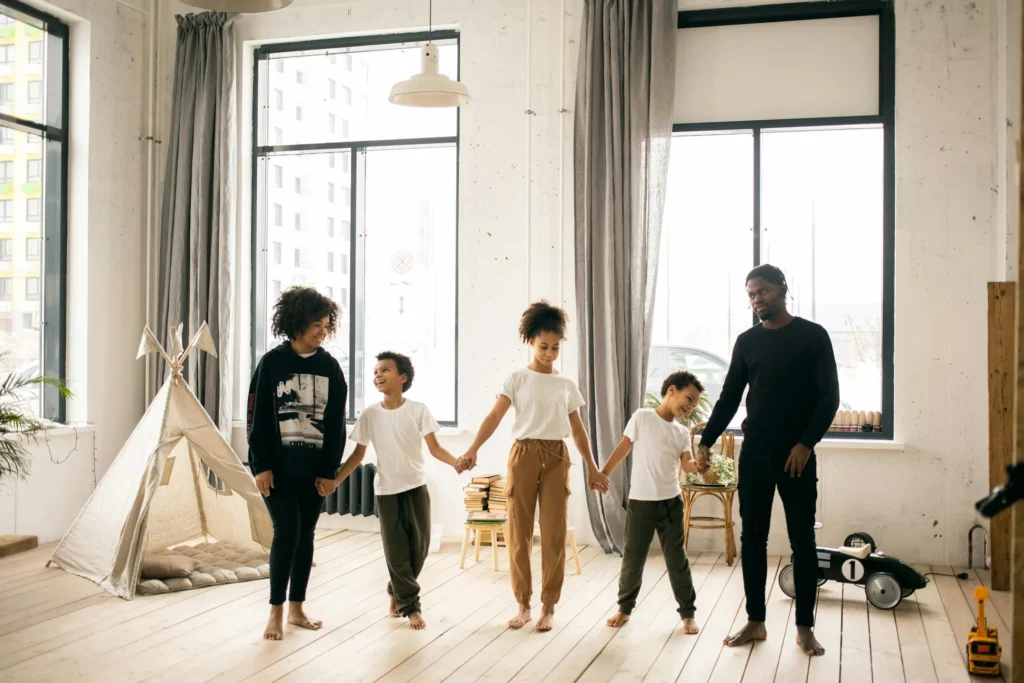
When I was younger, I would get really angry when I lost a game.
One day, my teacher taught us a breathing trick:
- Breathe in slowly.
- Count to 4.
- Breathe out slowly.
At first, it felt silly.
But one day after losing a soccer game, I tried it.
I didn’t yell.
I didn’t cry.
I felt okay.
That little moment changed how I handled tough days forever.
Easy Activities to Practice Every Day
Morning
- Stretch when you wake up.
- Think of one thing you are excited about today.
Afternoon
- Eat lunch slowly, noticing the flavors.
- Smile at someone during recess or break.
Evening
- Think of one good thing that happened today.
- Breathe deeply before bed.
Helping Others Feel Mindful, Empathetic, and Peaceful
You can also help others feel better.
Ways to help:
- Invite someone who looks lonely to play.
- Tell a teacher or adult when you see someone getting bullied.
- Share your toys, snacks, or time.
- Say “thank you” to people often.
Why Teaching Kids Mindfulness and Empathy Matters
If kids learn mindfulness and empathy early, the whole world becomes better.
| Skill | What It Leads To |
|---|---|
| Mindfulness | Calmness, better focus, better grades |
| Empathy | Strong friendships, fewer fights |
| Peace | Safer schools, happier families |
Expert Advice:
Start small.
Practice every day, even if it’s just one breath or one kind word.
It builds up over time, just like learning to ride a bike.
How Schools and Families Can Support This
Schools and families can help by:
- Having 1-minute quiet times daily.
- Praising kindness as much as good grades.
- Sharing feelings openly.
- Teaching breathing techniques.
The Future: Imagine a Peaceful World
Imagine if every school had a “Peace Club.”
Imagine if every neighborhood had a “Mindful Moment” every week.
Imagine if everyone cared about how others felt.
It would be a world:
- With fewer fights.
- With more smiles.
- Where everyone feels safe.
LiveaMoment.org is helping make that dream come true — one person at a time.
Final Thought
You are important.
Your feelings matter.
You can make a difference, even by taking one deep breath today.
Mindfulness, empathy, and peace are not just big words — they are simple things we can practice every single day.
